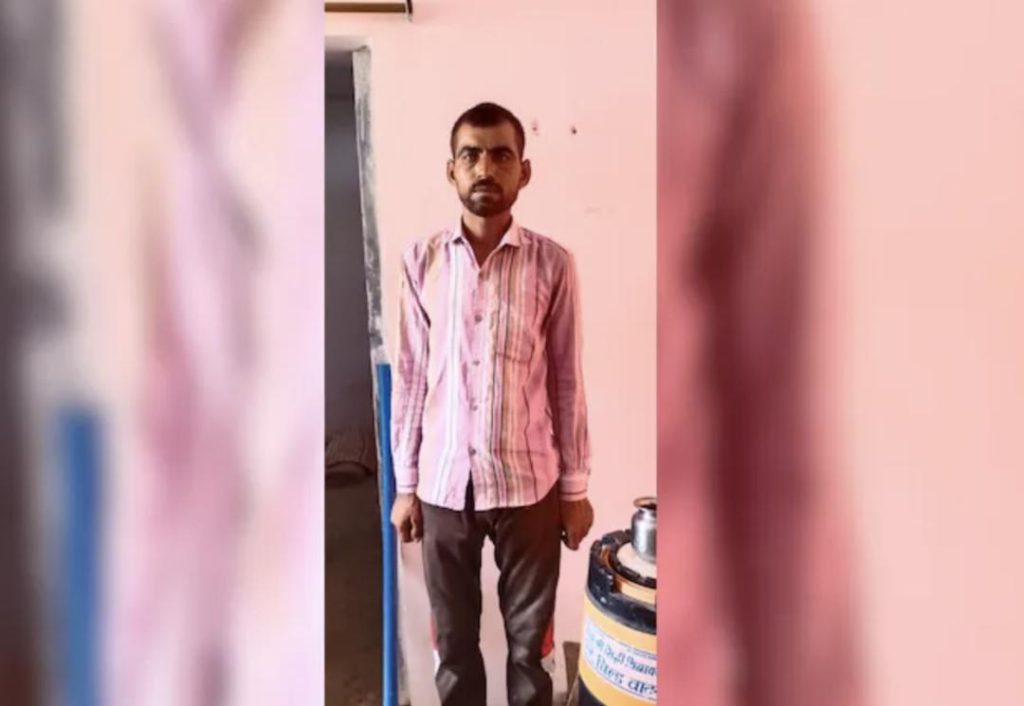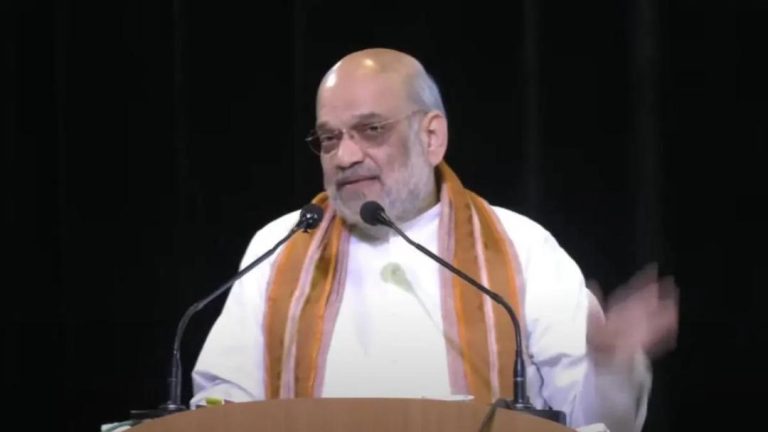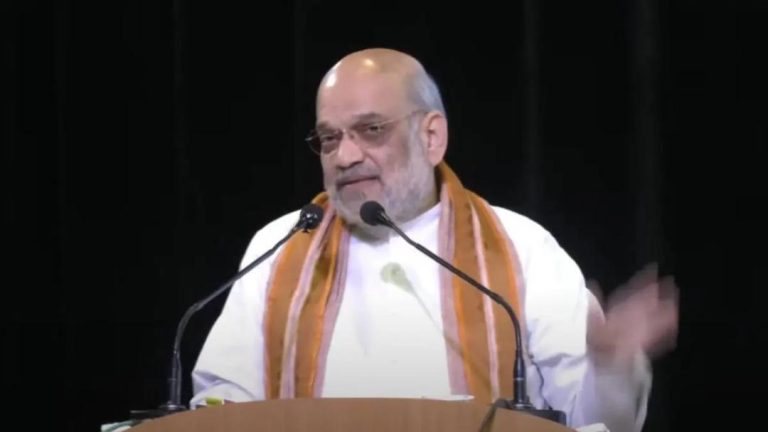
Serial Rapist Whose Death Penalty was Cancelled Rapes & Kills 11-year-old in MP
A heinous crime has sent shockwaves across the nation, as a 40-year-old man, who had previously escaped the death penalty for raping two young girls, has allegedly raped and murdered an 11-year-old hearing- and speech-impaired girl in Madhya Pradesh. The accused, Ramesh, had been convicted of rape in 2003 and sentenced to death for a similar crime in 2014, only to have his sentence commuted to life imprisonment.
According to reports, Ramesh, who is a repeat offender, had been released from prison after serving a 10-year sentence for raping a five-year-old girl in 2003. Despite his previous convictions and the severity of his crimes, Ramesh was able to escape the death penalty for his subsequent crime of raping an eight-year-old girl in 2014. This shocking turn of events has raised questions about the effectiveness of the criminal justice system in protecting society from repeat offenders.
The latest crime, which took place in Madhya Pradesh, is a stark reminder of the devastating impact that sexual violence can have on individuals and communities. The 11-year-old victim, who was hearing- and speech-impaired, was allegedly lured by Ramesh with the promise of a job and then brutally raped and murdered. Her body was found in a field, and a post-mortem examination revealed that she had died due to severe injuries caused by blunt trauma.
The police were able to crack the case after a thorough investigation, which included reviewing CCTV footage and conducting door-to-door inquiries. Ramesh, who had gone into hiding after the crime, was eventually caught at the Kumbh Mela, a major Hindu pilgrimage site in India. He has since been arrested and charged with the murder and rape of the 11-year-old girl.
The case has sparked outrage across the country, with many calling for stricter laws and harsher punishments for repeat offenders like Ramesh. The incident has also raised questions about the effectiveness of the Public Sexual Harassment (POCSO) Act, which was enacted in 2012 to protect children from sexual abuse.
The POCSO Act was designed to ensure that children who are victims of sexual abuse receive justice and compensation for their suffering. However, cases like this one highlight the need for greater awareness and education about the Act, as well as the need for stricter laws and punishments for those who commit such heinous crimes.
The case also highlights the need for better protection and support for vulnerable individuals, including those with disabilities. The 11-year-old victim, who was hearing- and speech-impaired, was particularly vulnerable to exploitation and abuse. Her death is a tragic reminder of the need for greater awareness and understanding about the experiences of individuals with disabilities, and the need for greater support and protection for them.
In the aftermath of the crime, the Madhya Pradesh government has promised to take stern action against Ramesh and to provide support and compensation to the victim’s family. The government has also announced plans to review the POCSO Act and to introduce new measures to protect children from sexual abuse.
The case of Ramesh and the 11-year-old victim is a stark reminder of the devastating impact that sexual violence can have on individuals and communities. It is also a reminder of the need for greater awareness and education about the POCSO Act, as well as the need for stricter laws and punishments for repeat offenders like Ramesh. As we move forward, it is essential that we work together to create a society that is more just and equitable, and that provides greater protection and support for all individuals, regardless of their abilities or circumstances.




